I want to talk about something that’s been on my mind for a while now. For many years now, it has been a staple rhetoric of the queer liberation that nobody ‘chooses’ to be gay: a backlash against those who call it a ‘lifestyle’, who try to push conversion therapy and deviant labels on us.
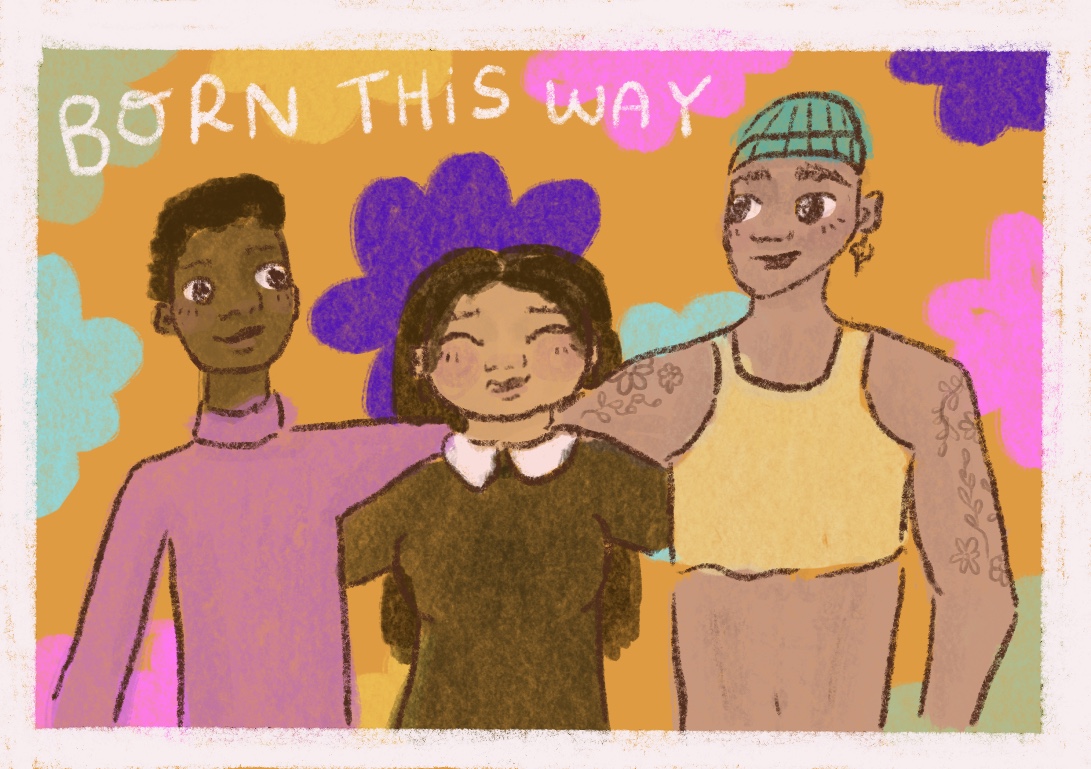
Not Sure I was ‘Born This Way’
NB: I use the word ‘queer’ throughout this essay to describe myself and the LGBT+ community; this is the label I’ve chosen for me and I like it.
“I didn’t choose to be like this. Therefore, it is immoral and useless to oppress me on this basis.”
I think this idea has outgrown its usefulness. It is limited and reductive. I love Lady Gaga, but it is time to move on.
Why does everything have to be a binary? If being queer is not a choice, then it must have been forced on me. This narrative implies negativity in queerness: nobody would seriously choose to be queer, and we’re all just trapped here with each other. It leaves the taste of othering in the mouth, the idea that this is something forced on us. Such ideas completely erase the joy to be found in queerness, the pleasure, the connection with others.
In my previous essay about coming out, I wrote about queer identity being an act of transgressive creation. Being queer is not something that is done to you, or a destiny, but something that you Do. It is taking agency over the self despite societal forces trying to stop you. The idea that queerness is somehow inherent reduces that to nothing, suggests that queerness has a universal aspect. It denies the unique experience that every queer person has.
This is not to say that queerness is separate from the body. There is no culture without a body to experience it, and there is no body outside of culture – the two are inseparable. As such, it is impossible to define where biology ends and culture begins for queer identity. Hunts for a ‘gay gene’ are pointless.
Society is desperate to believe this idea that biology equals destiny, that every deviant identity can be explained by brain chemistry, or genetics, or trauma. Sexuality must be inherent to the individual, because this is why it continues to appear despite our best efforts to stamp it out. It is a naturally occurring phenomenon, and not the result of a community that has fought to be allowed to live here; of individuals who chose differently throughout history. The logical endpoint of this argument is practically eugenicist in nature.
Eugenicist thinking is deeply pervasive in all aspects of society, and the narratives surrounding queerness are no exception; in fact, the prolific eugenicist author R.W. Schultz believed that someone’s ‘sexual nature’ was hardwired and could not be changed. These attempts to biologize and essentialise affect anyone who is Othered, and biologizing is one step away from pathologizing.
In this sense, eugenics and its remnants in our collective consciousness is where race, disability, and queerness intersect. For marginalised groups, the experience of being essentialised and pathologized is a familiar one. If being queer is inherent and unchangeable, it must have an explanation in the body. If it has an explanation in the body, we can find it. If we can find it, perhaps we can remove it.
I cannot deny that the narrative has served a purpose, and I’m not suggesting we throw it in the bin entirely. There are always going to be those who argue that queerness is a choice one has made and therefore can unmake. Conversion therapy should be consigned to the dark ages, and you’re right to say that it cannot work.
That being said, I think this rhetoric has run its course. I am tired of hearing about queer misery; I want to hear about queer joy, and to hear arguments rooted in queer joy. I cannot tell you if I chose to be like this, but I did build the self I am, and I would choose to be queer again. I like it. I like me.
Caitlin Flavell, Politics Editor
Graphic by Lucia Villegas one of Clitbait’s amazing graphic designers!

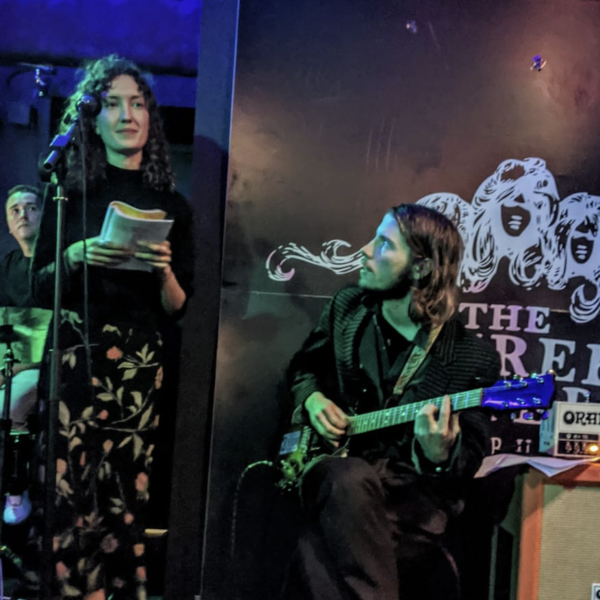
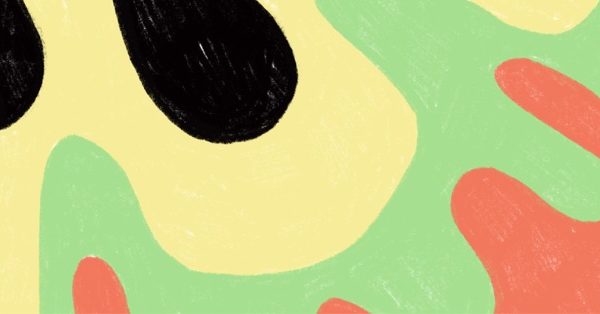
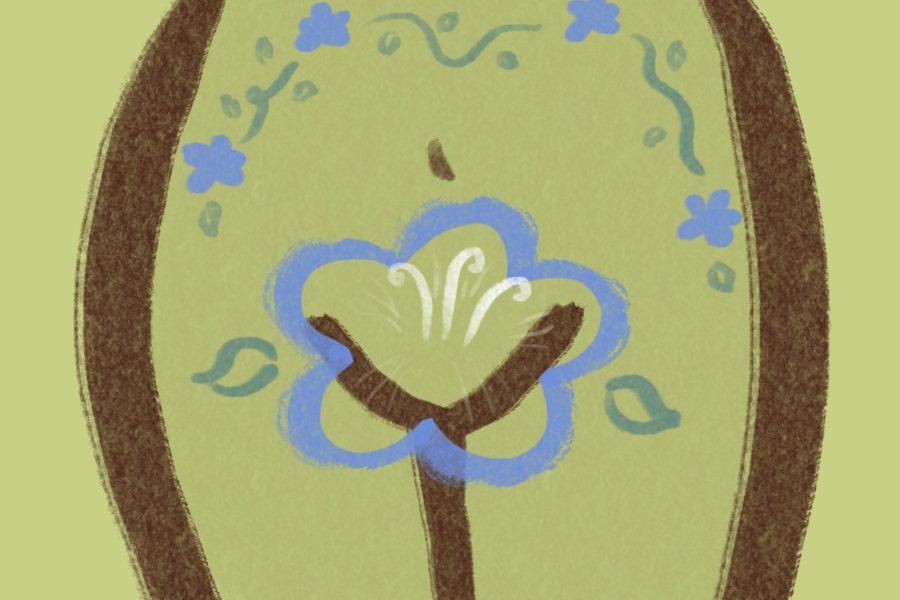
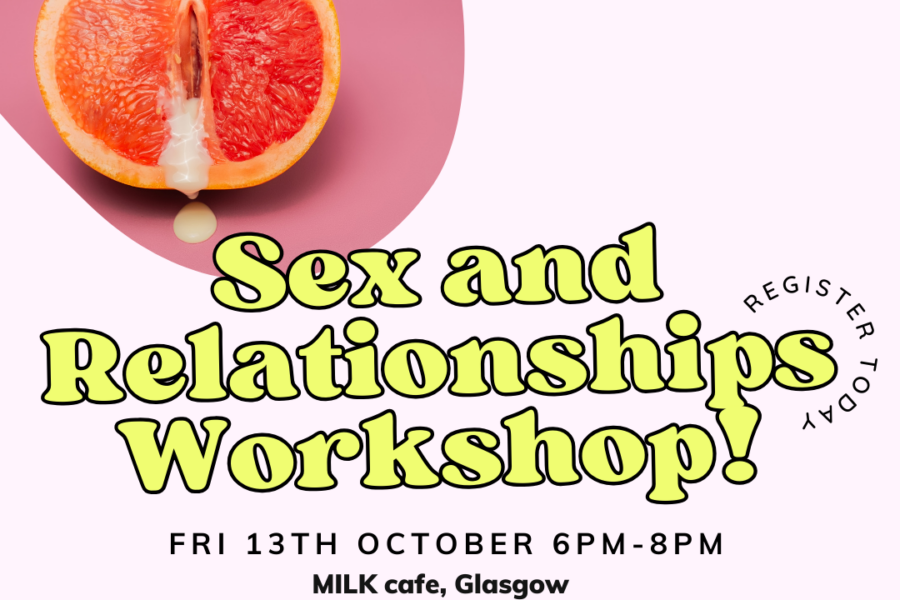
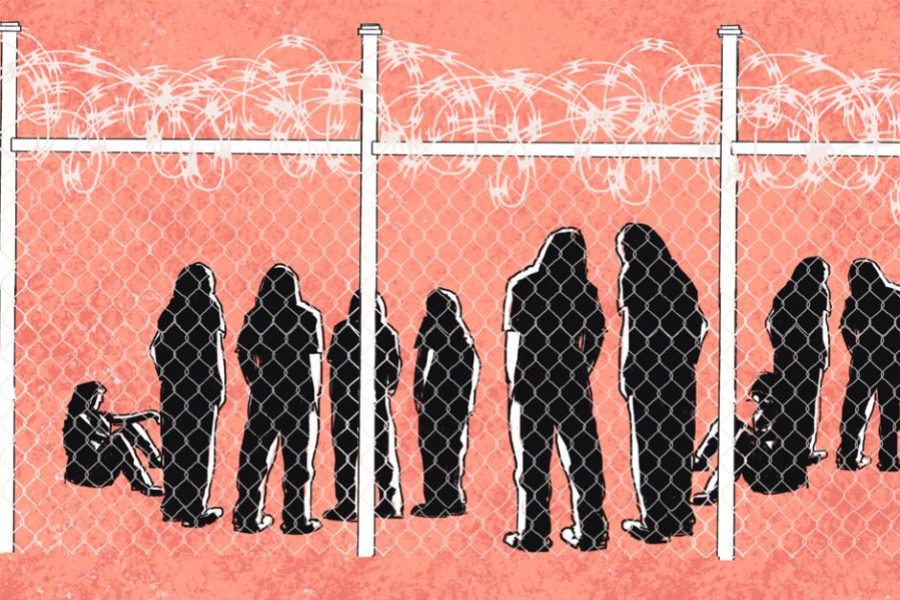
Leave a Comment